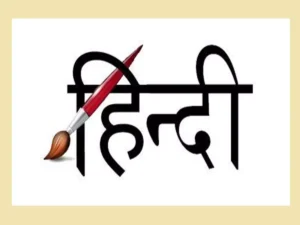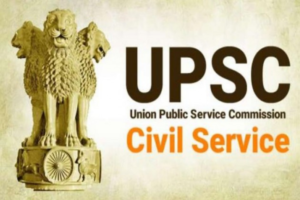Paper I:
- Ancient India:
- Prehistoric cultures in India and the Indus Valley Civilization.
- Vedic period: Society, economy, polity, religion, and philosophy.
- Mauryan Empire: Administration, economy, society, and culture.
- Post-Mauryan Period.
- Guptas, Vakatakas, and Vardhanas.
- Indian cultural contact with the outside world.
- Medieval India:
- Early Medieval India.
- Sultanate Period.
- Mughal Empire.
- Regional states during the medieval period.
- Medieval Indian culture.
Paper II:
- Modern India:
- Modern Indian history from the 18th century to the present.
- The advent of European powers and the establishment and expansion of British rule.
- Social and cultural awakening in the 19th century.
- Indian freedom struggle.
- Constitutional development in India.
- World History:
- Events and developments from the 18th century to the present.
- Colonization and decolonization.
- World wars and the aftermath.
- Political philosophies.
- Impact of technology on society and economy.
Each paper covers different periods and aspects of history. Candidates are required to have a comprehensive understanding of each topic to perform well in the respective papers. Studying each period and theme thoroughly, along with analyzing historical events critically, will help candidates in their preparation for the UPSC History papers.





